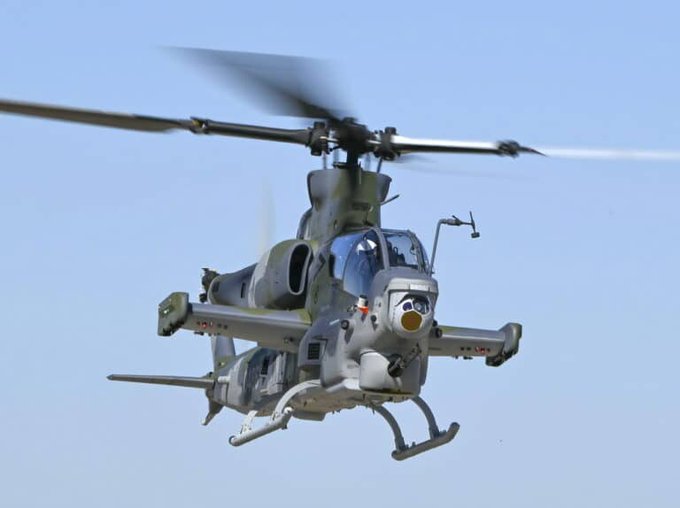The Chief of Defence Staff (CDS), General Christopher Musa, has categorically denied any error in the recent military airstrikes that claimed the lives of 10 people in Sokoto State. Speaking during a visit to the Giginya Cantonment in Sokoto, Musa stated that the airstrikes were a targeted operation against members of the Lakurawa terrorist group.
The incident, which occurred in the Silame Local Government Area, sparked outrage after reports emerged that the victims were innocent villagers. Sokoto State officials described those killed as civilians caught in the crossfire, but General Musa maintained that the operation was carefully executed.
The Incident: A Community in Mourning
The airstrikes reportedly hit two communities in Silame, leaving a trail of destruction and grief. At least 10 people lost their lives, while several others sustained injuries. Eyewitness accounts described a chaotic scene as residents fled for safety amid the strikes.
In a swift response, the Sokoto State Government condemned the attack, labeling it a tragedy for innocent villagers. “The people affected by this unfortunate event were not terrorists. They were residents going about their daily lives,” a state official lamented during a press briefing.
CDS: ‘We Followed Protocol’
Addressing journalists the day after the incident, General Musa insisted that the operation targeted confirmed members of the Lakurawa terrorist group, who had been terrorizing the region.
“We conducted a thorough operation and followed established protocols to minimize errors. From all indications, those present in that location were either members of the terrorist group or individuals providing them support,” Musa asserted.
While the CDS admitted that civilian casualties were a possibility in any military operation, he argued that the military took all necessary precautions to avoid mistakes. “If there were unforeseen errors, we will thoroughly investigate,” he added.
Community Concerns and Allegations
Residents of the affected communities have expressed anger and disbelief, accusing the military of indiscriminate targeting. One community leader, who preferred to remain anonymous, described the airstrikes as “a nightmare.”
“We have always cooperated with security agencies, and now this? How can we explain this to the families of the victims?” he said.
Civil society groups and human rights organizations have also weighed in, calling for an independent investigation into the incident. “We need transparency in cases like this. Civilian lives must not become collateral damage in the fight against terrorism,” said Habiba Suleiman, a representative of the Sokoto Human Rights Coalition.
Musa: ‘Stop Harboring Terrorists’
In his remarks, General Musa appealed to communities in the region to avoid harboring or supporting criminal elements, warning that doing so could make them targets.
“Our appeal to the public is simple: do not provide shelter, support, or any form of assistance to these terrorists. If you do, you risk becoming a target in the operations against them,” he said.
Musa also criticized the role of the media in amplifying the narratives of criminal groups, describing it as dangerous. “We urge the media to be responsible in their reporting. Terrorists thrive on spreading fear and propaganda, and the media should not aid them in this regard,” he cautioned.
The Military’s Dilemma
This latest incident underscores the challenges faced by Nigeria’s military in its fight against terrorism, particularly in regions plagued by insurgency and banditry. While airstrikes have proven effective in dismantling terrorist hideouts, they have also drawn criticism for collateral damage.
Experts have noted the difficulty of distinguishing between civilians and insurgents in areas where terrorists blend into local populations. Security analyst Abdulrahman Aliyu explained, “The military operates in extremely challenging conditions. However, the protection of civilians must remain a top priority, and there must be accountability when operations go wrong.”

